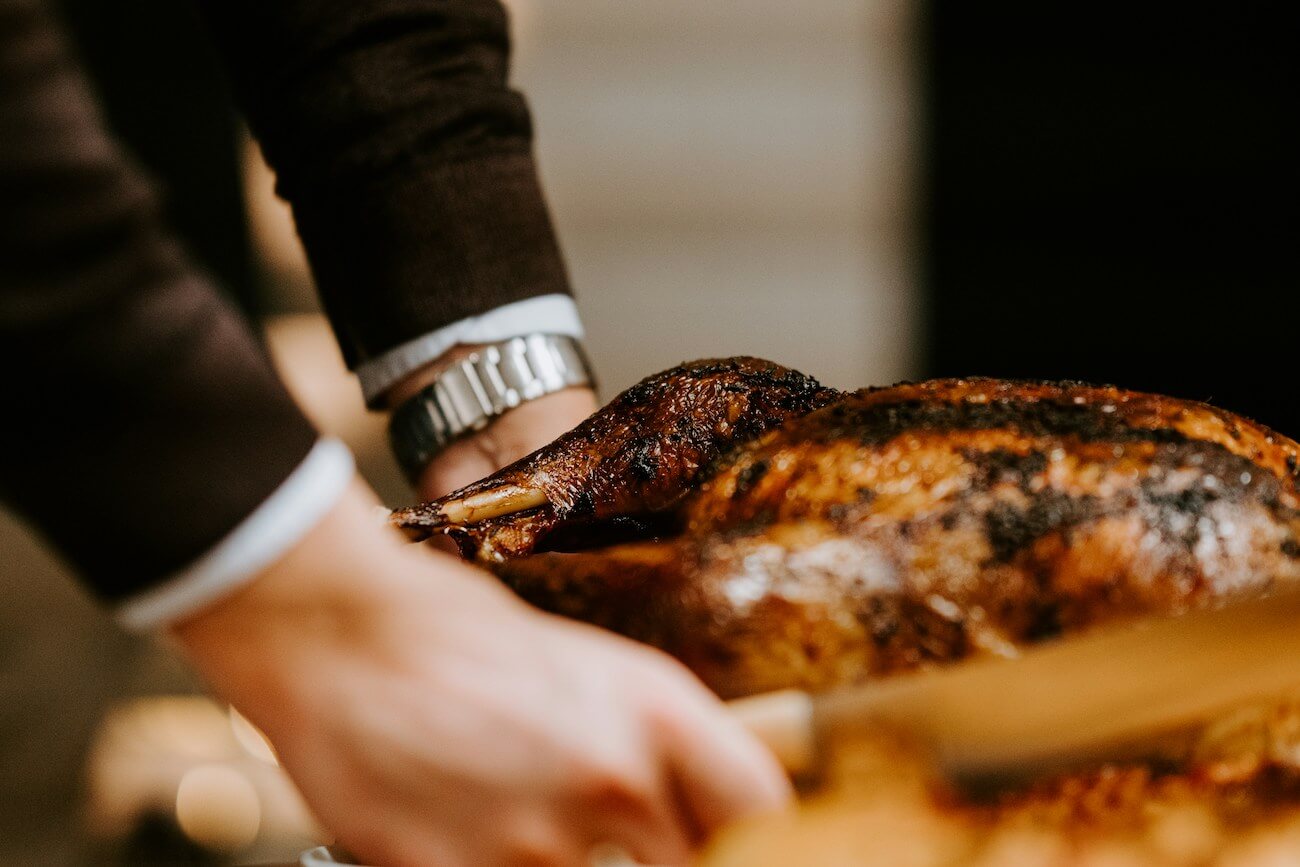American Thanksgiving, celebrated on the fourth Thursday of November each year, is a beloved national holiday that brings families and communities together in a spirit of gratitude. From its historical origins to its role in contemporary American culture, Thanksgiving embodies both the warmth of shared meals and a deeper reflection on thankfulness and community.
A Brief History of Thanksgiving
The concept of giving thanks for bountiful harvests and the community’s continued success long predates the arrival of European settlers on the North American continent. Harvest feasts are a central tradition of many indigenous tribes, including the Wampanoag, a native tribe who inhabited southern New England (including Massachusetts and Rhode Island) at the time of first contact with Europeans.
The roots of America’s current Thanksgiving tradition trace back to 1621, when a group of approximately 50 Pilgrims – English settlers who had landed near modern-day Plymouth, Massachusetts aboard the Mayflower in 1620 – celebrated a successful harvest with a three-day Thanksgiving feast with 92 Wampanoag natives. In the popular imagination, this “First Thanksgiving” was a celebration of friendship between the European and indigenous peoples. The historical reality is more complex: the Wampanoag likely viewed the event as a diplomatic gesture to win over the English as allies against neighboring tribes, while the English would soon go on to colonize Wampanoag land and cause great suffering to indigenous people throughout the continent.
Nevertheless, the popular conception of the “First Thanksgiving” has persevered, and over the centuries, the feast of thanksgiving became a powerful symbol of America’s national character. Although various communities held their own Thanksgiving celebrations after 1621, it wasn’t until 1863, during the U.S. Civil War, that President Abraham Lincoln proclaimed Thanksgiving a national holiday. He set it for the last Thursday in November to foster national unity and healing. The date was later finalized to the fourth Thursday of November in 1941.
Why Thanksgiving is Celebrated in the U.S.
At its core, Thanksgiving is a day to express gratitude. While the holiday has historical ties to religious and cultural traditions of giving thanks for a bountiful harvest, today’s Thanksgiving is more broadly secular. Families and friends gather around the dinner table to share a meal and reflect on the blessings in their lives. Whether it’s a good harvest, good health, or personal accomplishments, the spirit of gratitude remains at the heart of the celebration.
The holiday is also a time for charitable acts. Many Americans use the day to donate time, money, or food to help those less fortunate, fostering a sense of community and shared responsibility. Parades, food drives, and communal dinners are common ways people come together to ensure that even those without families or means can partake in the festivities.
The Role of Food in Thanksgiving Traditions
One of the most distinctive aspects of Thanksgiving is the meal. The traditional Thanksgiving dinner is laden with iconic dishes, many of which harken back to that first celebration. Turkey, stuffing, mashed potatoes, cranberry sauce, and pumpkin pie are just some of the staples enjoyed by millions across the country.
The turkey, often referred to as the centerpiece of the meal, has become so associated with Thanksgiving that the day is sometimes colloquially called “Turkey Day.” However, the real essence of the meal lies not in the food itself but in the act of gathering together. Families, regardless of religious or cultural backgrounds, celebrate the holiday in a way that feels personal to them. For some, this means incorporating family recipes or regional dishes, while others use the opportunity to fuse Thanksgiving with elements of their own heritage.

Thanksgiving in Modern American Culture
Thanksgiving occupies a unique place in American culture, distinct from other holidays due to its focus on gratitude and community. In a world that can often feel fast-paced and individualistic, Thanksgiving offers a pause — a chance to slow down, reconnect with loved ones, and reflect on the year’s blessings.
The holiday is also marked by several popular traditions that have become embedded in American culture. One of the most prominent is the annual Macy’s Thanksgiving Day Parade, which features giant balloons, marching bands, and performances that kick off the holiday season. Football also plays a major role in Thanksgiving celebrations, with professional and college games broadcast throughout the day, creating a festive atmosphere in many households.
In recent years, the holiday has also become intertwined with the phenomenon of “Black Friday,” the shopping day following Thanksgiving, signaling the start of the Christmas shopping season. While some criticize this commercial aspect, it’s undeniable that Thanksgiving serves as the gateway to a season of festivity and generosity.
Thanksgiving is far more than just a holiday centered around food—it’s a celebration of gratitude, togetherness, and community. Its roots in American history, while complex, have evolved into a tradition that emphasizes the values of thankfulness, generosity, and connection. For many Americans, it’s a time to cherish family, share in communal feasts, and give back to others. As it continues to adapt to modern times, the heart of Thanksgiving remains the same: it is a day dedicated to acknowledging the blessings in life and sharing them with those around us.
Share Your Blessings This Thanksgiving With Embrace Relief!
This Thanksgiving season, there’s no better way to share your blessings and make a real impact on the lives of people in need than by making a donation to Embrace Relief’s Year-End Giving campaign!
This year, Embrace Relief is offering you the choice of three critical humanitarian programs to support:
- Clean Water, in which your donation will help build water wells in Africa;
- Cataracts, in which your donation will provide a free surgery to restore a person’s sight; and
- Raise the Children, in which your donation will provide basic necessities for orphaned children.
During this time of giving and charity, support Embrace Relief’s Year-End Giving campaign using the donation box below. No donation amount is too small, and you can be sure that the recipients of your generosity will be offering you thanks this holiday season.





















